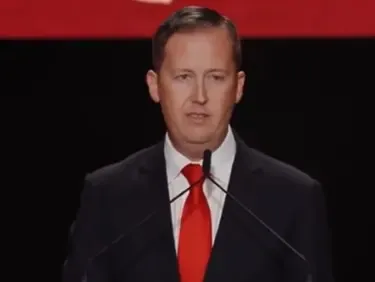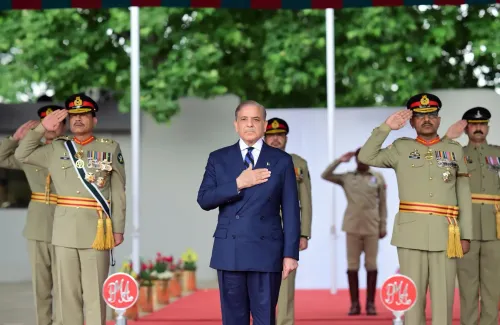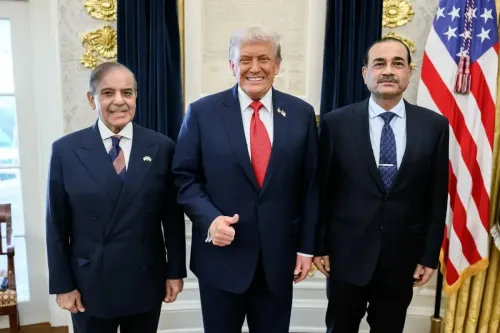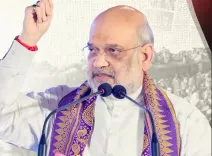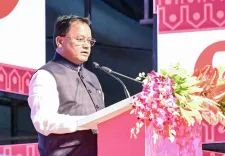Do Kashmiris in PoK Deserve the Same Rights and Protections as Other Oppressed Groups?

Synopsis
Key Takeaways
- Residents of PoK are calling for fundamental rights and protections.
- Protests have erupted in several cities, highlighting economic grievances.
- Many innocent civilians have fallen victim to violence from Pakistani forces.
- The region contributes significantly to Pakistan's economy yet faces severe injustices.
- Global inaction raises questions about the value of Kashmiri lives.
Islamabad, Oct 10 (NationPress) The residents of Pakistan-occupied Kashmir (PoK) are entitled to the same rights and protections that the global community advocates for Ukrainians, Palestinians, and other marginalized populations. Their lives and struggles are equally significant, yet often ignored, as highlighted in a recent report.
According to Michael Arizanti, a writer and Middle East affairs expert, the once picturesque valleys of PoK are now stained with the blood of innocent civilians. For over a week, protests led by the Jammu Kashmir Joint Awami Action Committee (JAAC) have spread across Muzaffarabad, Rawalakot, Dheerkot, and Mirpur, calling for basic needs such as affordable electricity, subsidized flour, and dignity.
Tragic reports indicate that at least 10 civilians, including young men, have been killed by Pakistani forces in Dhirkot and Muzaffarabad, with over 100 injured from live fire, tear gas, and batons.
The report criticizes the deployment of paramilitary troops from mainland Pakistan—considered outsiders—against Kashmiri Muslims protesting the exploitation that funds Pakistan’s power infrastructure. Shaukat Nawaz Mir, a leader of JAAC, has presented evidence of state-sanctioned violence through bullets allegedly fired by police. Despite the tragic events, including curfews and a communications blackout affecting 4.5 million people, the plight of PoK has received minimal attention globally.
Arizanti emphasizes that the demands for rights in PoK are met with severe repression. Economically, the situation is dire; although the region produces 30% of Pakistan’s hydroelectricity, residents pay exorbitant rates of Rs 40-50 per unit, while production costs are only Rs 4-7.
Pakistan reportedly owes PoK around Rs 370 billion in royalties, yet instead of addressing this debt, Islamabad sends in Rangers and federal police. The voices of Kashmiris under Pakistani governance must not be silenced simply because their oppressors are viewed as allies in Islamabad.
In PoK, the populace seeks access to affordable electricity, sufficient food, and trustworthy representation.
Drawing a comparison to international actions taken in Ukraine, Myanmar, and Gaza, Arizanti questions the global indifference towards PoK. Are the lives of Kashmiris deemed less valuable, or is Pakistani repression considered more acceptable?


